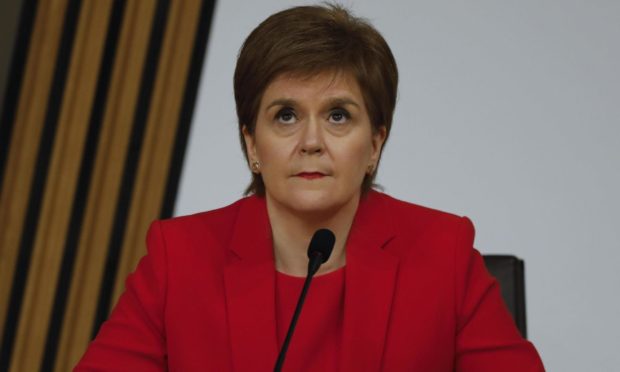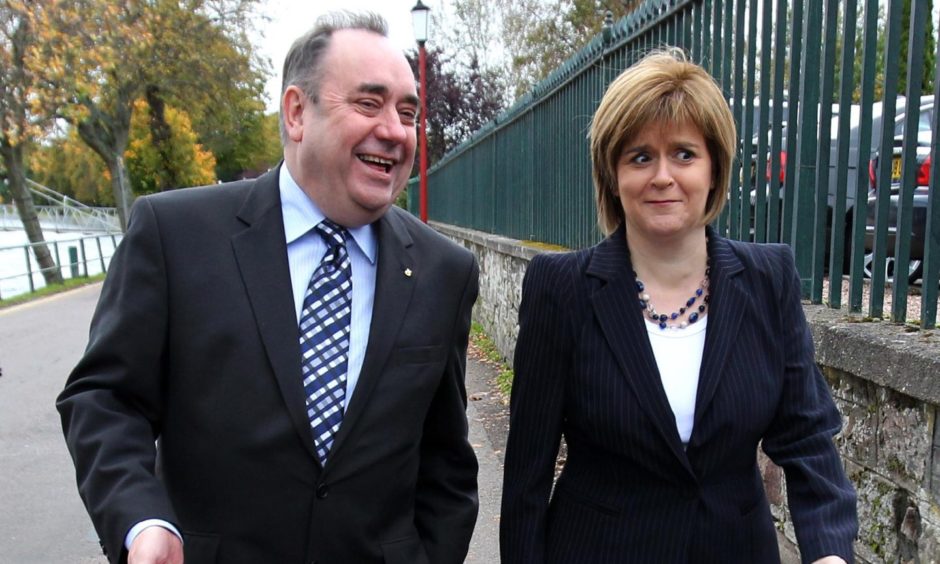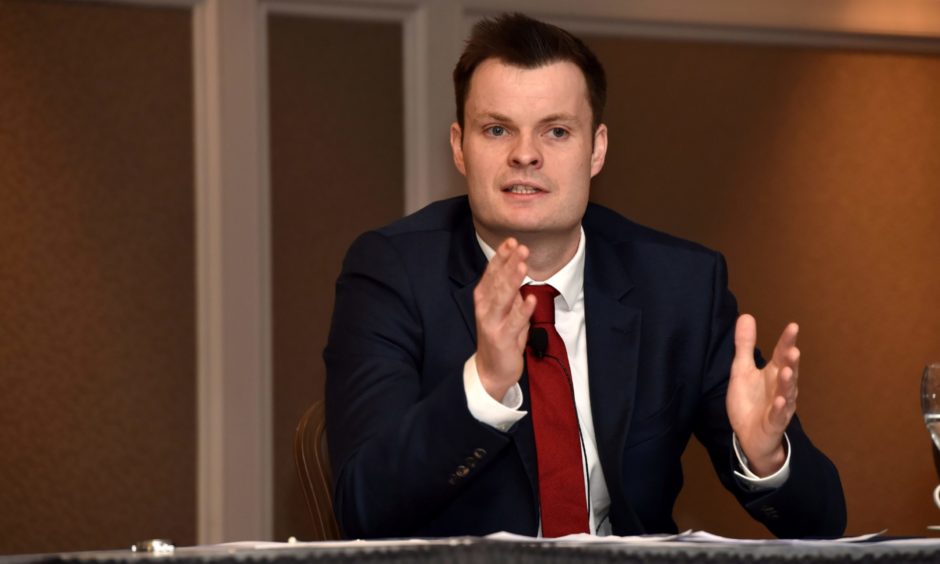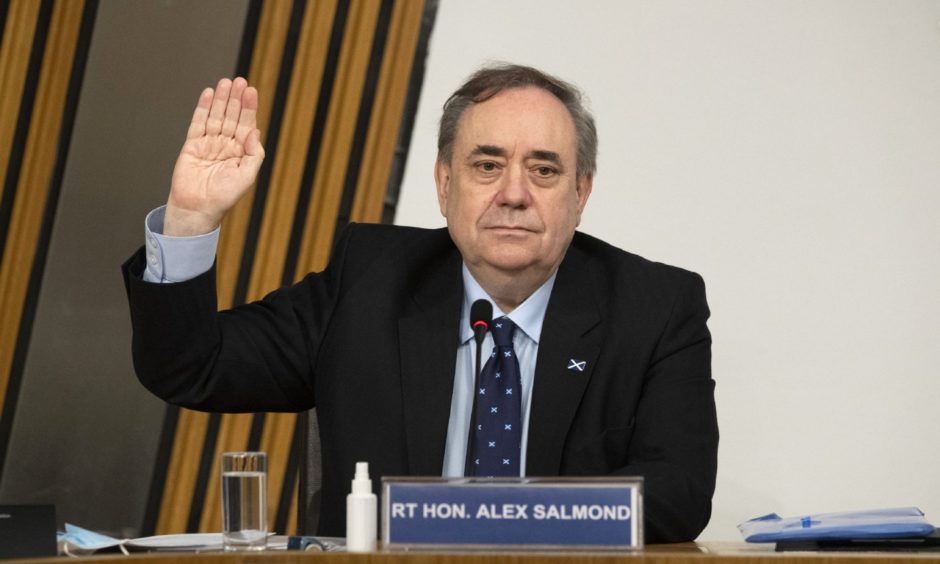Nicola Sturgeon could not have been more emphatic when she interrupted her inquisitor to declare: “I am the first minister”.
She was correcting Margaret Mitchell who had mistakenly given Alex Salmond his old job back during a seven-hour grilling of Ms Sturgeon at Holyrood on Wednesday.
It was, to be fair, one of the few indisputable statements of fact that has been made in recent weeks amid the furore surrounding the inquiry.
But it felt more than that, like she was reminding her predecessor and former “bestie” which one of them was currently the boss.
Before Ms Sturgeon was first minister, or even an MSP, she was a solicitor, and it showed at the hearing.
She squirmed at times but did not appear to be overly troubled by questions on the government’s judicial review legal advice, which was finally released to the committee and the public on the eve of her testimony.
Ms Sturgeon downplayed the concerns of the government’s lawyers, saying they had been even more pessimistic during the challenge against the introduction of minimum alcohol pricing.
Of course, her insistence that her administration’s handling of the civil case was “legally sound” is certain to be strongly disputed.
But as long as the debate is being had in the language of “interlocutors”, “sisting” and whether something is “stateable” or not, then few voters are going to be listening.
The first minister essentially just repeated her previous explanations for two meetings in 2018 when she found out about the allegations against Mr Salmond.
She said she had pin-pointed the April 2 talks as the date she learned about the complaints process because that was when she was first shown the full details, and that it was a “moment in my life that I would never forget”.
Ms Sturgeon said she did not officially record the talks because she feared that if she did, the meeting could have been made public, and that would have jeopardised the confidentiality of the complaints process.
“It’s for other people to judge if I was right or wrong but I think I made the best judgement overall,” she said.
An earlier meeting with Geoff Aberdein on March 29, which she previously said she had “forgotten” about, remained less “vivid” that April 2.
However, she was able to remember that it was Mr Aberdein who told her that Mr Salmond might resign from the SNP, which was one of the reasons why she said she agreed to meet him.
Another thing she now recalled was that on April 2 she said Mr Salmond already knew the identity of the two complainers in the case.
According to the SNP leader, there was no mention from her predecessor that the name of one of the women had been passed to Mr Aberdein by a government official, as has now been claimed.
Rather, it was suggested he knew the names because he had previously apologised to one of the women, and had identified the other through his own investigations.
Ms Sturgeon stuck to her story and stuck to her guns, but also found time to turn them on the man she once “revered” and “cared about for a long time”.
She dismissed his “bizarre” allegations of a plot to ruin him, and said she felt personally “let down”.
It was alleged that Mr Salmond had told her that his behaviour was “not always appropriate”, but in six hours of his testimony on Friday she said there was not a “single word of regret, reflection, or simple acknowledgement of that”.
The inquiry is about Ms Sturgeon’s government’s error-strewn handling of the allegations against Mr Salmond, but its final witness ensured the last word in the evidence sessions was about his conduct.
She is the first minister, as was made clear to Ms Mitchell.
With many questions still unanswered, and rulings to be made, it remains to be seen whether she will remain in that post in the weeks and months ahead.
But her chances of doing so appeared to be stronger after seven hours of questioning than they seemed before.



